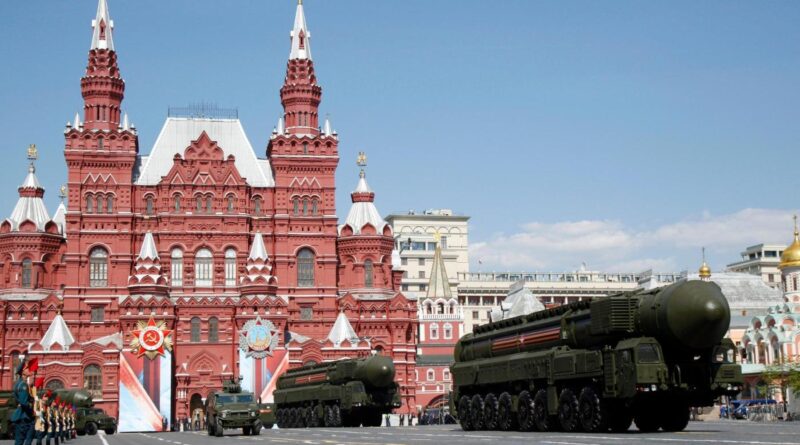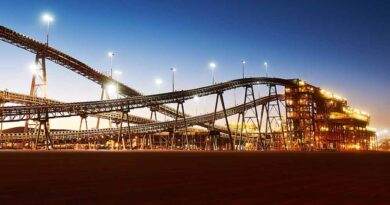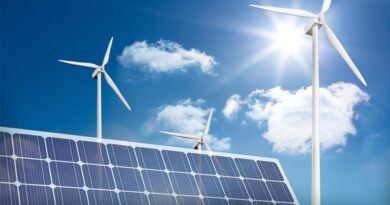Future bans on Russian commodity imports are difficult to predict but NECESSARY
Russia’s invasion of Ukraine was a geopolitical quake that will reverberate for decades. Europe is at the centre, its relationship with Russia now seeming irrevocably broken.
War has catapulted energy security to the very top of the political agenda. Europe’s highly public commitment to wean itself off Russian energy is beyond the point of no return. Every alternative is now on the table. Those with domestic hydrocarbon resources will look to fast-track production, while many will increase investment in low-carbon energy supply, even as tighter supply chains push up costs.
The precise timing and implementation of future bans on Russian commodity imports are difficult to predict. But it is inconceivable that Europe and its allies will abandon their diversification strategies and return to any meaningful dependence on Russia.
A rewriting of energy trade flows is now underway, with Russia inevitably looking east for alternative markets. The din of Asia’s economies has long been music to the Kremlin’s ears, but buyers can never be taken for granted. China and India will look to benefit from discounted Russian imports, but they will also want to protect their access to European
and US markets.
There is, therefore, a real risk of some global supply being lost. Moreover, the divide
between ‘the west’ and non-aligned countries could deepen, curtailing global trade and worsening supply-chain tightness.
With the world entering a new geopolitical paradigm, fresh thinking is required. In this month’s Horizons, we consider the consequences of the war for commodities and look
at how governments, companies and investors must respond as the outlook for energy
and metals is transformed, investment opportunities widen, and the cost of the
energy transition rises.



